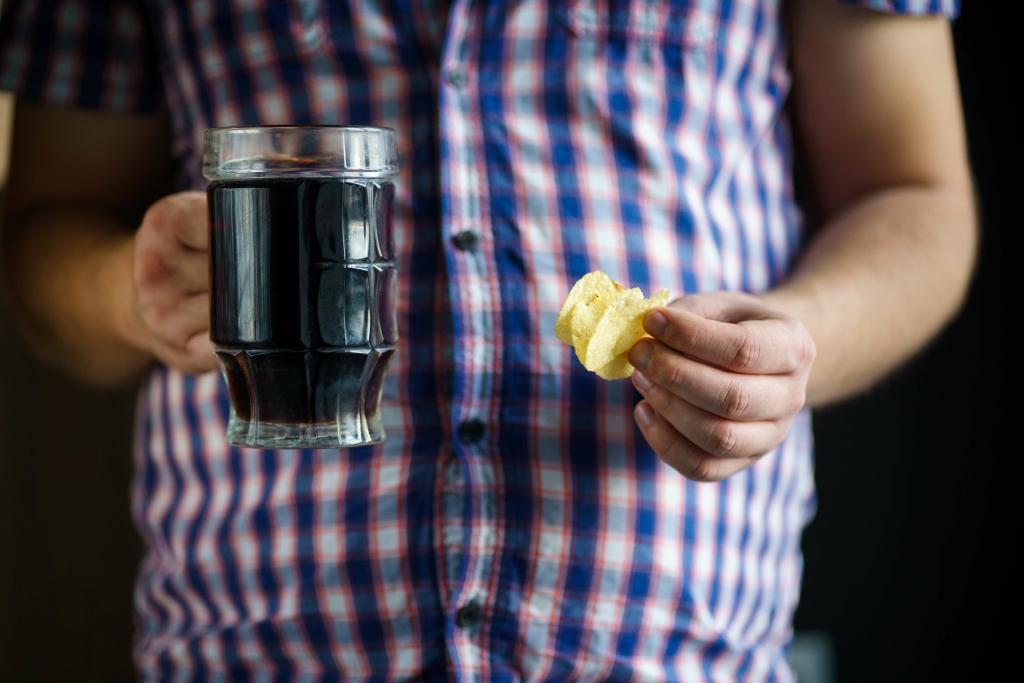Depending on the severity of brain fog, it can interfere with work or school. Brain fog is a symptom that can be caused by stress, sleep changes, medications, and other factors. You might be experiencing brain fog, a term used to describe a set of symptoms that impact your ability to think. Sometimes, brain fog is less related to slow brain function and due more to overactive brain activity, such as over-analyzing a simple situation or obsessing about a problem. One way to let go of nit-picking or ruminating thoughts is to channel your energy into a creative activity, like drawing, needlepoint or cooking. People who drink regularly may also notice that booze doesn’t have the same effect on them as it used to.

See a doctor if your brain fog persists with other cognitive symptoms. A recently released study by the RAND research group revealed the many ways that sleep deprivation negatively affects brain function. These changes in the brain also cause people to change their behaviors around alcohol. “They become much more likely to seek alcohol and to rely on it to cope with negative feelings,” said Ray.
Support Groups
Suppose you are struggling to manage your stress levels and alcohol consumption. This is because a healthy diet can help to improve your brain health and overall well-being. While alcohol fog is not a life-threatening condition, it can be a sign of an underlying health problem that will definitely benefit from early diagnosis and early recovery. The symptoms of brain fog from alcohol can vary depending on the individual.
Brain Fog: Causes and Treatment – Health.com
Brain Fog: Causes and Treatment.
Posted: Thu, 31 Aug 2023 07:00:00 GMT [source]
Alcohol-induced brain fog, a common yet overlooked symptom of alcohol withdrawal, can last up to an impressive 26 weeks after you make the decision to quit drinking. However, the duration varies from person to person and is influenced by several factors like the severity of alcohol abuse, mental health, and lifestyle habits. When you decide to quit drinking alcohol, your body goes into a state of shock, leading to alcohol withdrawal.
Your 5-Minute Read on Fighting Brain Fog
They then develop healthy thought patterns that help them cope with stress and refuse alcohol. There are many support options available that can help guide you through alcohol withdrawal, as well as abstaining from alcohol after withdrawal. People who drink daily or almost every day should not be left alone for the first few days after stopping alcohol.
- Sometimes, relieving brain fog is a matter of correcting a nutritional deficiency, switching medications, or improving the quality of your sleep.
- In the United States, most states have low-cost or free rehabilitation programs for those who are uninsured.
- A little bit of stress is natural and can come from internal or external factors, including our physical environment, jobs, relationships, traffic, and unexpected events.
- However, the duration varies from person to person and is influenced by several factors like the severity of alcohol abuse, mental health, and lifestyle habits.
- After the first few days of recovery, you will start to notice that the brain fog seems to lessen.
In a cytokine storm, your body floods your bloodstream with inflammatory proteins called cytokines. These cytokines help target the virus, or foreign body, that’s causing trouble. But this can also trigger an exaggerated immune system response in other areas of your body, like your brain, and lead to further inflammation. Behavioral health treatment for alcohol problems is often (but not always) covered by insurance.
Supporting Loved Ones Through Opioid Addiction Recovery
People should talk to a doctor about medical detox, which may prevent serious issues, such as delirium tremens. Some people find that inpatient rehab or support groups, such as Alcoholics Anonymous, are helpful. Pursuing cognitive behavioral therapy is one part of alcohol addiction treatment.
It’s like giving your brain a breath of fresh air after being submerged underwater for an extended period. Alcohol dependence happens when our brain chemistry adapts to the presence of alcohol, leading to a reliance on it to feel ‘normal’. This dependence plays a significant role in the intensity and duration of brain fog during withdrawal. The more prolonged and heavier the alcohol use, the alcohol brain fog greater the probability that the brain fog will remain for a longer time. Once the fog clears, you should see your situation in a new light, and this is the moment when you will discover just how good it feels to be sober. While you will have been working through the issues that affect your addiction during the brain fog, you will get a renewed chance to focus even more on getting better.
After the first few days of recovery, you will start to notice that the brain fog seems to lessen. You may have breakthrough moments when you can suddenly think clearly, but then these are followed by moments of fuzzy thinking. This is all very normal, but the fluctuations in your thought process are a sure sign that you are getting better.


No Comments to Addiction and Substance Abuse Health Center so far. (RSS Feeds for comments in this post)
No one has commented so far, be the first one to comment!